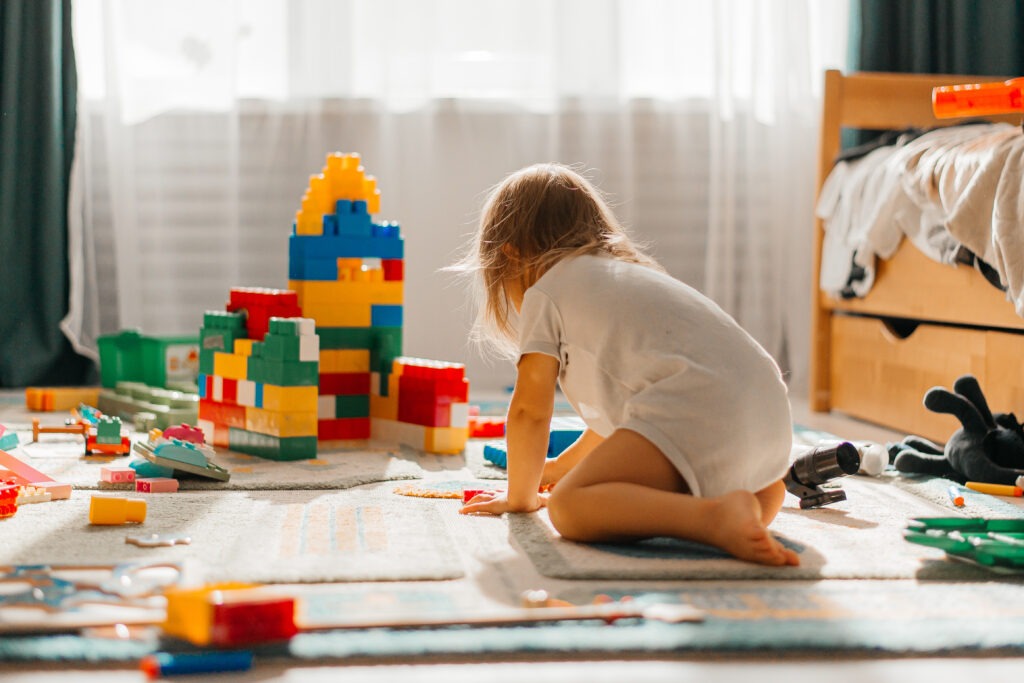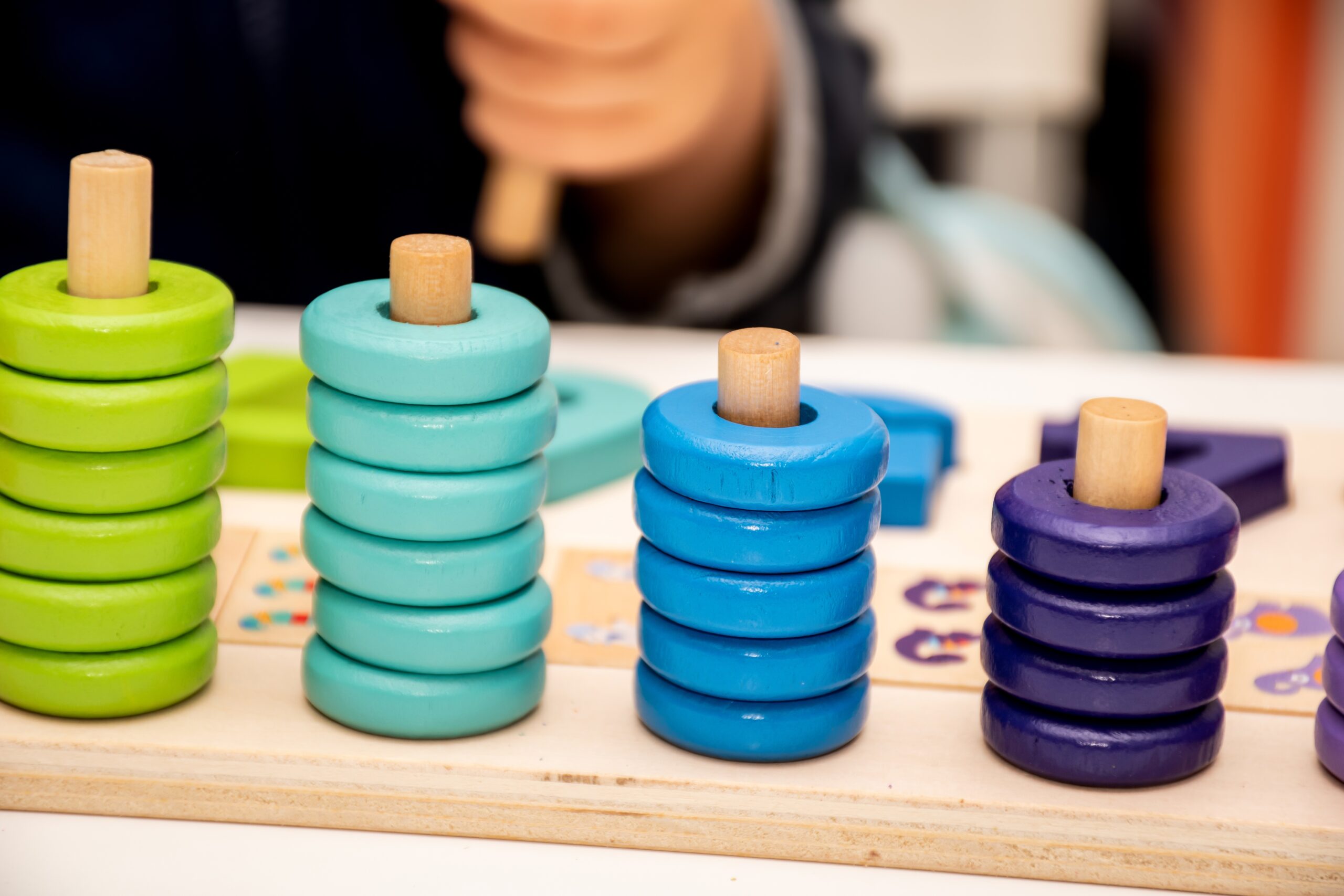Play is a fundamental tool in the development of children. Through play, children not only have fun, but also learn essential skills that will be useful throughout their lives. From the earliest stages of child development, playful learning is crucial to fostering creativity, problem-solving, and critical thinking. This is where the concept of “play in learning” comes in, highlighting how playful activities can become powerful educational experiences.
Play allows children to explore their environment, interact with others, and develop social skills in children. These interactions are vital for collaborative learning and for children to understand the importance of teamwork and effective communication. In addition, digital educational resources can enhance these experiences, offering new ways to learn and play interactively.
Child Development and Play
In the different stages of child development, play takes on different forms and meanings. From symbolic play in early childhood to more structured games in the school stage, each type of play brings different benefits to the cognitive and emotional development of children. Interactive learning is an effective way to keep children engaged and motivated, which in turn improves their concentration and information retention skills.
Play is also an effective means for children to express their emotions and understand those of others, facilitating the development of empathy and other social skills in children. In the context of collaborative learning, children learn to resolve conflicts, negotiate, and cooperate with their peers, skills that are essential for their adult lives.
Benefits of Play in Playful Learning
Playful learning is not only fun, but also an effective way to teach complex concepts in an accessible and memorable way. Children who participate in playful activities tend to show a greater ability to solve problems and a better understanding of abstract concepts. In addition, play promotes curiosity and the desire to learn, two key components for academic and personal success.
With the integration of digital educational resources, play can be adapted to the individual needs of each child, offering personalized experiences that fit their learning pace. This not only improves the effectiveness of learning, but also makes the process more attractive and stimulating for children.
In conclusion, play is an essential component of child learning. By integrating playful learning into daily activities, educators and parents can effectively support the integral development of children, preparing them for the challenges of the future. Taking advantage of the opportunities offered by digital educational resources can maximize these benefits, creating a rich and diverse learning environment.
Visit TILA
Download Baby TILA















